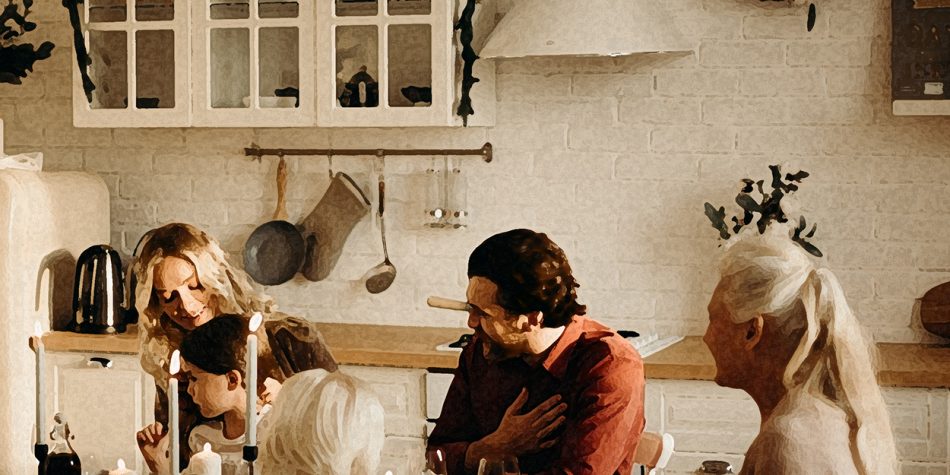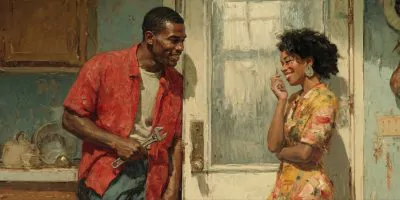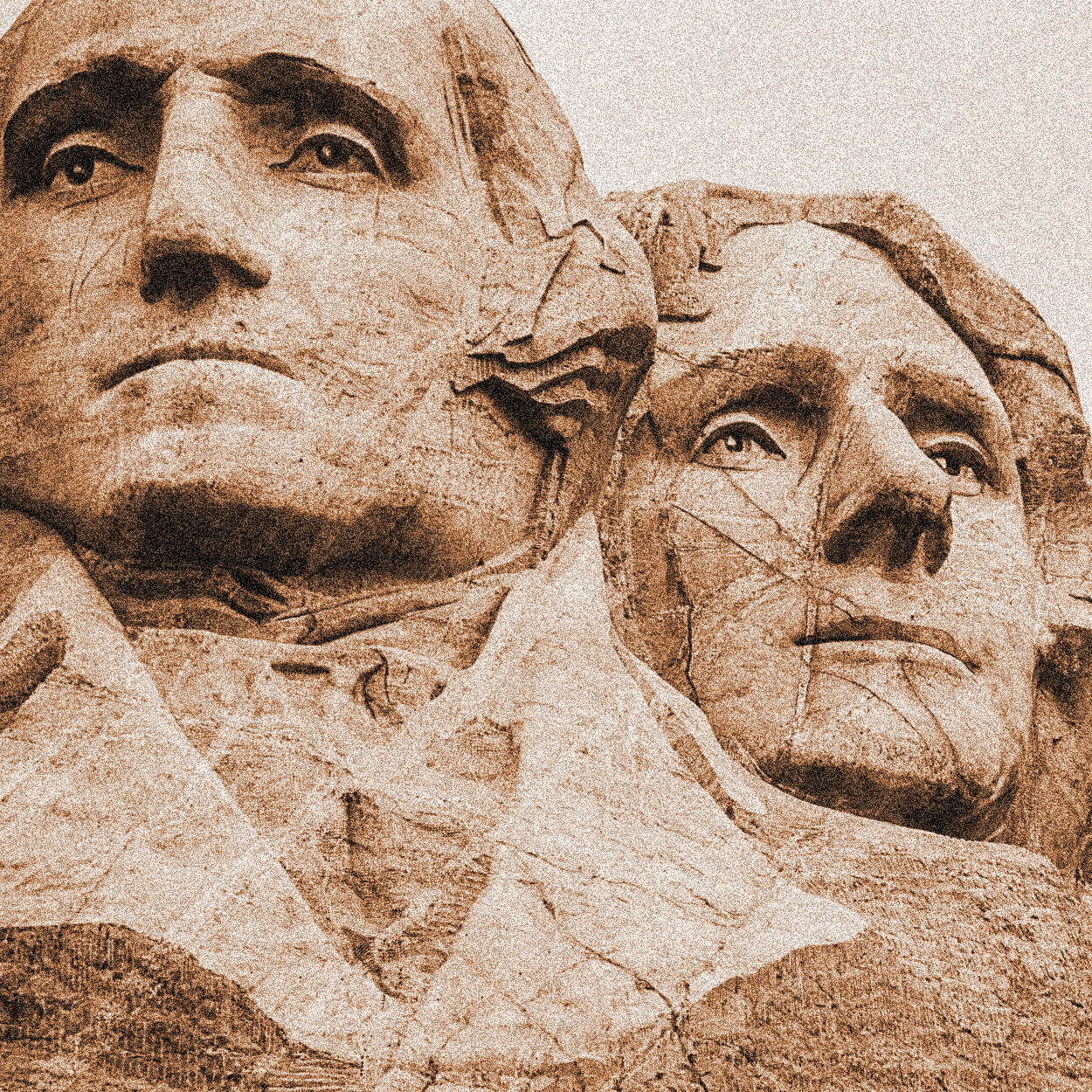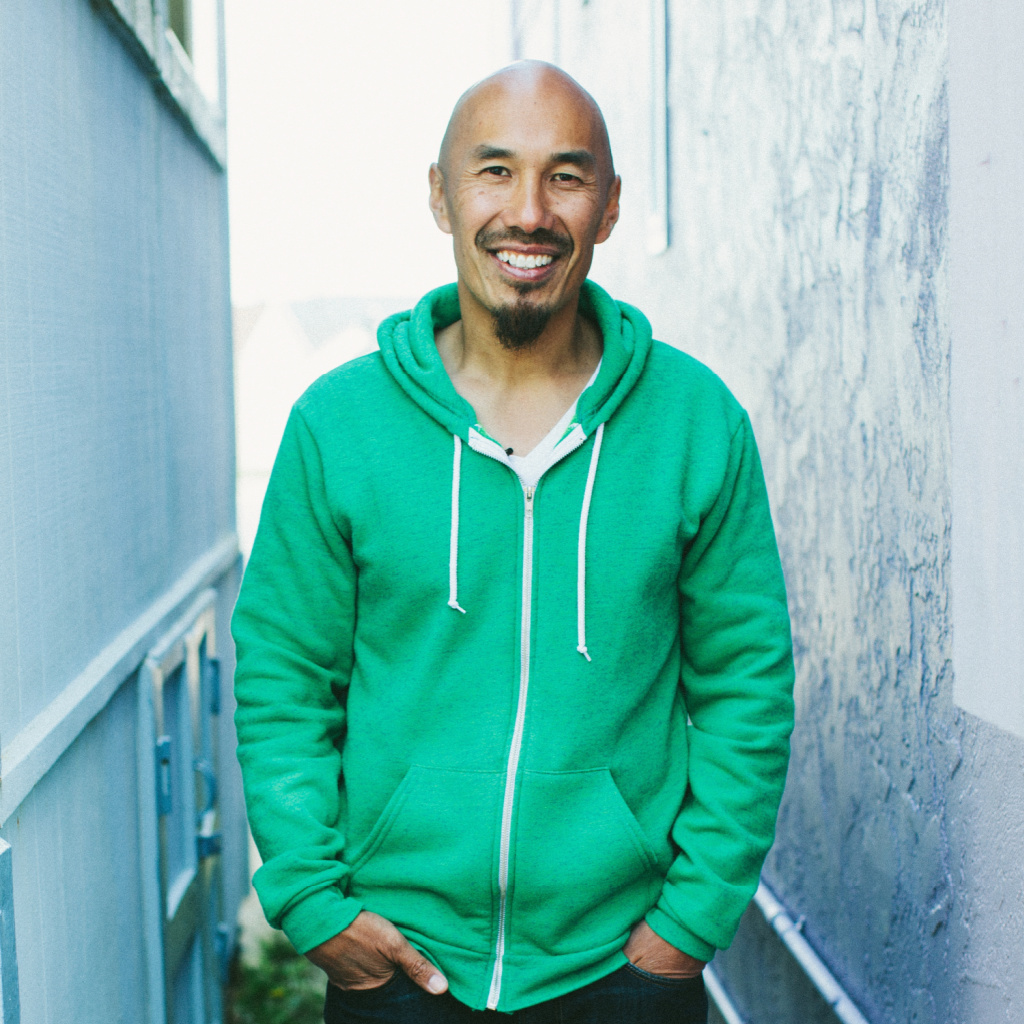I was wolfing down a quick lunch by myself in the darksome dining area of the Yale Law School, and I couldn’t help overhearing the conversation at the neighboring table. I didn’t know the students—they were 2Ls or 3Ls while I was a lowly 1L—but they were discussing the topic that law students usually discussed in the dining hall. Namely, job prospects. In the late 1970s, prospects for Yale grads were good, but there were lots of questions and choices to consider. Law firms: Cravath, or Sullivan & Cromwell, or maybe Gibson Dunn? Salaries. Billable hour quotas. Areas of legal practice.
And then one of the students—I’ll call him William—ventured something like this (I can’t remember his exact words, of course), in an earnest tone: “You know, I don’t actually want to work for some big firm. What I would really like to do is to fight racial injustice. If I were back in the 60s, that’s what I would do. But it’s too late now; that work has already been done.”
It was a remark that might provoke wonder, on more than one level, and also a remark full of unintended irony; but I think we might agree, if we are charitable, that there was something admirable about it. William was expressing a yearning that was and is common among students—and among human beings. I can imagine that if asked, he might have elaborated in this way:
“Sure, I could get a job with some Wall Street firm; and if I worked hard I might be able to make partner. As a partner I would have a high salary, lots of status, important friends, and plenty of high-profile and sophisticated legal work. But for what? All of that strikes me as selfish, and shallow. I would much rather use my talents and opportunities to do something more meaningful, virtuous, and noble—something that would actually help people and do some real good in the world.
“And what could be more virtuous and noble than fighting to end racial injustice—probably the most shameful blight on the American tradition and character? But, sadly, I was born too late for that. The 1960s, when I was in grade school: those were the ‘civil rights’ days. Lawyers and others could dedicate themselves to the epic, courageous struggle against racial segregation and discrimination. Alas, that battle is pretty much over. The civil rights acts have already been enacted. The court cases have been fought, and won. I don’t want to be some self-satisfied, fat cat corporate lawyer; but that’s pretty much what is left today.”
No doubt there is also much to quibble with–or to be aghast at–in William’s perception of the world. With the benefit of hindsight, we might tell William that if he was born too late, he was also born too early. A few years thence, and the fight against racial injustice, now duly reconceptualized, would once again seem urgent. And, at least by some renderings, all of the supposed victories William alluded to–the equality legislation, the anti-discrimination litigation—would come to be described as mostly window dressing, calculated to legitimate a system that is inherently unjust in its very essence and structure. Thankfully, for people with William’s motives and aspirations, the world today is once again rampant with injustices that need correcting.
Still, if William’s perception was questionable, his motivation seems admirable enough.
But what about the implementation of that motivation? What about the idea–William’s idea, it seems, but one that was common enough then and is common enough now—that the way to lead a meaningful and virtuous life is to fight against social injustice?
An Exercise in Futility?
Suppose we could sit down and discuss the matter with William. “William,” we might begin, “we have nothing but admiration for your desire to do something meaningful and virtuous, instead of just living a pleasant but empty bourgeois life–the life, as you perceive it, of a corporate lawyer, or an investment banker, or an entrepreneur, or an insurance salesman. Good for you. But let’s notice some potential difficulties in your notion that the way to live a good and virtuous life is to fight against injustice. Nothing has done as much over the centuries to combat social injustices as Christianity has accomplished.
“First, on your premise, the virtuous life seems to be dependent–doesn’t it?—on the continued existence of the very evils that the virtuous life exists to combat. Because if you were to succeed in eliminating injustices, the virtuous life would no longer be available to you. You would be like a firefighter in a world in which destructive fires had somehow been eliminated, or like a dentist in a world in which people never have cavities. Like an oncologist in a world in which cancer has been eradicated. Your very success would render your life meaningless.
“That isn’t going to happen, of course. You could embark on a life of fighting injustice, cheerful and secure in the confidence that you will never fully succeed and thereby render yourself useless and your life meaningless. Even so, a virtuous life that requires the existence of the evils that the virtuous person lives to combat seems at least ironic and unstable. And might there not also be a potential conflict of interest lurking here? You say you want to eliminate injustice, but do you really? Because if you did …
“Let’s put that difficulty to one side, though, and ask a different question: even assuming you are successful, how would your struggle against injustice actually be helping people? Or, rather, you would be helping the oppressed people to do and be … what, exactly? Corporate lawyers? Entrepreneurs? Put it this way: Doesn’t social injustice as you understand it consists largely of legal and cultural barriers that hold some people down and prevent them from participating equally in … what? In the kind of privileged life that is open to you now? Your goal, it seems, is to clear away obstructions so that the less privileged can enjoy the same kind of life that you find to be selfish, shallow, and lacking in meaning?”
In principle, William might respond to this last question by explaining what a virtuous and meaningful life consists of in itself, beyond fighting against obstructions that exclude some people from enjoying that life. If he were able to do that, though, his lament about the lack of opportunity to fight against injustice would lose its force. If William had some conception of what a virtuous, meaningful life is in some more positive sense, in other words, the solution to his predicament would seem obvious: he should just go ahead and live that life. He might still want to struggle against injustice, to be sure. But that struggle, however important, would in a sense be peripheral; it would not be the source of meaning and virtue. And so he would have less reason to lament the loss of the opportunity, as he perceives it, to find meaning in combating injustice.
In short, it seems that William, with his yearning to live nobly and meaningfully by fighting injustice, faces a dilemma. If he has some concept of what a virtuous and meaningful life is in a positive sense, then he might very well fight against barriers that prevent people from living that life: but he will not think that the meaningful life consists in fighting against injustice. Conversely, if he does not have any independent concept of what the virtuous and meaningful life consists of (and his lament that the fight against injustice has already largely been won suggests that he doesn’t), then his quest to find meaning in fighting injustice seems both parasitic on the very evils he purports to oppose and also, ultimately, futile. Success would consist of enabling other people to live the kind of life that he currently maintains—a life that he finds shallow, selfish, and lacking in meaning.
Bringing in Christmas
I’m thinking today of William and his predicament in part because of some current issues of ostensible injustice that are being discussed at the institution where I work. But I’m also remembering the overheard conversation from the Yale dining hall because it is the week of Christmas, which sends my thoughts back to a time when injustices and oppressions of various sorts—slavery, conquest and imperialism, rampant infanticide, the systematic subordination and sexual exploitation of women, the organized mass violence of the gladiatorial arena—were the norm. A norm about which the prevailing powers were utterly unapologetic. And then, in a remote province of that world rife with injustice, a baby was born under miraculous circumstances to do … what?
To fight against injustice?
Well, yes and no. He came to manifest—and to make it possible for us to enter into—a higher, more meaningful life.
I think it is fair to say that nothing has done as much over the centuries to combat social injustices as Christianity has accomplished. True, it would take time for Jesus’s message to be appreciated, and acted on. Indeed, that development has not yet come close to reaching its fulfillment. But a faith that emphasizes that God loved us enough to take upon himself our vulnerable mortal condition and that whatever we do to “the least among us,” we do to God himself: that faith was destined over time to unsettle systems of slavery and oppression and exploitation. And it did. The struggle against racial injustice of the 1960s that William looked back to wistfully was one manifestation of that tendency: the central, inspirational figure in that movement was a minister of the Gospel who unapologetically articulated the message of social justice in overtly Christian terms.
And yet, most of these laudable advances seem to have been more or less indirect or secondary consequences of the Christian religion. At least in the short term, Jesus and his disciples may seem to have been distressingly complacent about social injustices. Some of his more zealous followers tried to enlist Jesus into the struggle against Roman oppression: He steadfastly declined. On the contrary, He preached submissiveness: if a Roman soldier demanded that a subject carry the soldier’s load for a mile, the exploited subject should offer to carry the load for two miles. Jesus’s leading missionary apostle, Paul, seems to have reaffirmed the various social hierarchies of the day. Wives should be submissive to their husbands, children to their parents, slaves to their masters. When the slave Onesimus ran away and took refuge with Paul, the apostle wrote to the master, Philemon, pleading with him to treat his slave kindly and mercifully; but he sent Onesimus back into servitude.
This apparent complacency has often provoked criticism. How could Jesus and his followers have been so acquiescent in unjust customs and practices? But the answer to that question seems clear enough. It was not principally to fight present injustices that Jesus came into the world. Rather, He came to manifest—and to make it possible for us to enter into—a higher, more meaningful life. A life of peace that surpasseth our understanding. Jesus came to help us gain eternal life—meaning not just a life that goes on forever (which just in itself might seem a nightmarish prospect), but rather God’s life. A life of peace and joy and love.
This was a superlative blessing that would never be fully attained in this world—not even if the world could be wholly cleansed of all its injustices. Conversely, it was a blessing that could be enjoyed by every human person, in part now and more fully hereafter, whether that person happened to be the beneficiary of inherited privilege (like Philemon, perhaps) or a victim of systematic oppression (like Onesimus). With that glorious prospect, is it any wonder that the early Christians did not primarily devote themselves to combating this world’s manifold injustices?
A concluding thought
At the moment, we are living in a time in which the rage against social injustices, real and perceived, has escalated in intensity. In the various campaigns against injustice, there is no doubt much to appreciate and dispute—much to applaud and resist. We might all hope that this world’s injustices—and they are undoubtedly pervasive—can be reduced or even eliminated.
Just in themselves, though, the movements against social injustice offer scant grounds for any very lively or profound hope. Even on the fantastic supposition that these movements were to succeed completely in achieving their goals, what exactly would be gained? People would presumably be freer to live the lives they choose—more equal in their access to such lives. But if they have no understanding of what a meaningful life consists of, how valuable will that freedom and equality ultimately be?
And so even as we play our various roles in trying to improve this world, it remains as imperative as ever that we remember the Good News—the Good News that was proclaimed by angels to the shepherds of Bethlehem, and by Paul to Philemon—without which our various freedoms and equalities will in the end amount to very little.

















